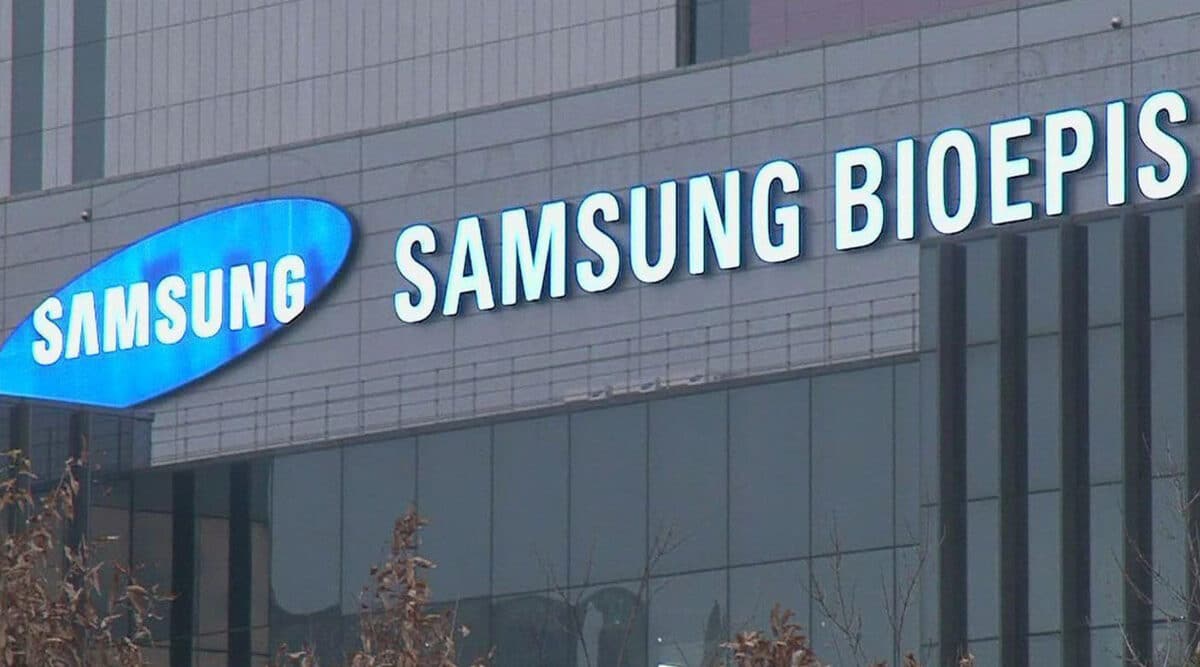The FDA approved a new intravitreal injection this week, Byooviz (ranibizumab-nuna) from Samsung Bioepis, as the first ophthalmology biosimilar in the United States. It references brand name Lucentis from Genentech/Roche. Indications include Neovascular (Wet) Age-Related Macular Degeneration (AMD), Macular Edema Following Retinal Vein Occlusion (RVO), and Myopic Choroidal Neovascularization (mCNV).
Byooviz (ranibizumab-nuna) is Samsung Bioepis’ fifth biosimilar approved in the U.S., following the approval of Renflexis (04/2017), Ontruzant (01/2019), Eticovo (04/2019), and Hadlima (07/2019).
How big is the specialty Ophthalmology segment?
— Eylea US sales in 2020: $4.95 billion, ex-US sales: $3 billion.
— Lucentis US sales in 2020: $1.3 billion, ex-US sales: $1.93 billion
Who is developing competitive biosimilars?
— Eylea: Celltrion Healthcare, Alteogen, Sandoz
— Lucentis: Boan Biotech, Formycon, STADA Arzneimittel/Xbrane
— Avastin/bevacizumab: Outlook Therapeutics
The cost of Byooviz was not announced by Samsung Bioepsis. By way of reference, the cost of Lucentis and Eylea is currently between $1,800 and $2,000 a dose and the new biosimilar should drive a 20-30% price reduction. Byooviz will be commercialized by Biogen in the United States. Distribution details were not announced, but it is expected that Byooviz will launch through limited distribution as with Eylea and Lucentis.
FDA Approves Samsung Bioepis and Biogen’s Byooviz, Lucentis Biosimilar (ranibizumab-nuna)
Byooviz becomes the first ophthalmology biosimilar to gain FDA approval in the United States
INCHEON, Korea and CAMBRIDGE, Mass., Sept. 20, 2021 (GLOBE NEWSWIRE) — Samsung Bioepis Co., Ltd. and Biogen Inc. (Nasdaq: BIIB) today announced that the U.S. Food and Drug Administration (FDA) has approved Byooviz (ranibizumab-nuna), a biosimilar referencing Lucentis (ranibizumab)i for the treatment of neovascular (wet) age-related macular degeneration (AMD), macular edema following retinal vein occlusion (RVO), and myopic choroidal neovascularization (mCNV).
Ranibizumab is an anti-vascular endothelial growth factor (VEGF) therapy that prevents vision loss in patients with retinal vascular disorders which can cause irreversible blindness or visual impairments in adults in the United States.
“In the United States, approximately 11 million people are affected with AMD and the prevalence of advanced AMD is growing due to the aging population. The approval of the first ranibizumab biosimilar in the U.S. is a monumental milestone for people living with retinal vascular disorders in the U.S.,” said Kyung-Ah Kim, Senior Vice President and Development Division Leader, at Samsung Bioepis. “The approval of Byooviz underscores our continued commitment to providing valuable treatment options for people who do not have access to life-enhancing biologic medicines around the world,” she added.
“We are very excited to be able to open a new chapter with the approval of Byooviz in the U.S. This approval represents a great step toward the advancement of a new therapeutic option addressing debilitating disease progression of patients with retinal vascular disorders in the U.S.,” said Ian Henshaw, Senior Vice President and Global Head of Biosimilars at Biogen. “Biosimilars could help broaden patient access to more affordable treatments and generate healthcare savings to offset rising costs of these complex diseases while ensuring sustainability of healthcare systems.”
In addition to the U.S. approval, Byooviz was approved in Europe, including 27 European Union (EU) member countries on August 18, 2021 and the United Kingdom on August 31, 2021.
The FDA approval of Byooviz was based on a totality of evidence including analytical, non-clinical data, and clinical data. In a randomized, double-masked, parallel group, multicenter Phase 3 study of SB11, the efficacy, safety, pharmacokinetics, and immunogenicity of SB11 was compared to reference ranibizumab in patients with wet AMD. 705 patients were randomized (1:1) to receive SB11 or reference ranibizumab in monthly injections (0.5 mg), and 634 patients continued to receive treatment up to week 48. The Least Squares (LS) mean change in best corrected visual acuity (BCVA) from baseline at week 52 was 9.79 letters for SB11, compared with 10.41 letters for reference ranibizumab (difference: -0.62, [90% CI: -2.092, 0.857]). The LS mean change in central subfield thickness (CST) was −139.55 μm for SB11 vs −124.46 μm for reference ranibizumab (difference: -15.09, [95% CI, -25.617, -4.563]). PK, safety including incidence of treatment-emergent adverse events, and the immunogenicity profile of SB11 and reference ranibizumab were comparable at all timepoints up to week 52.


